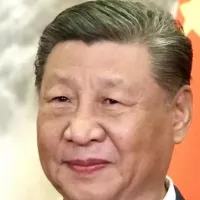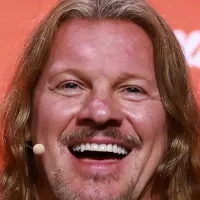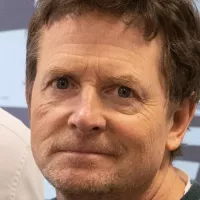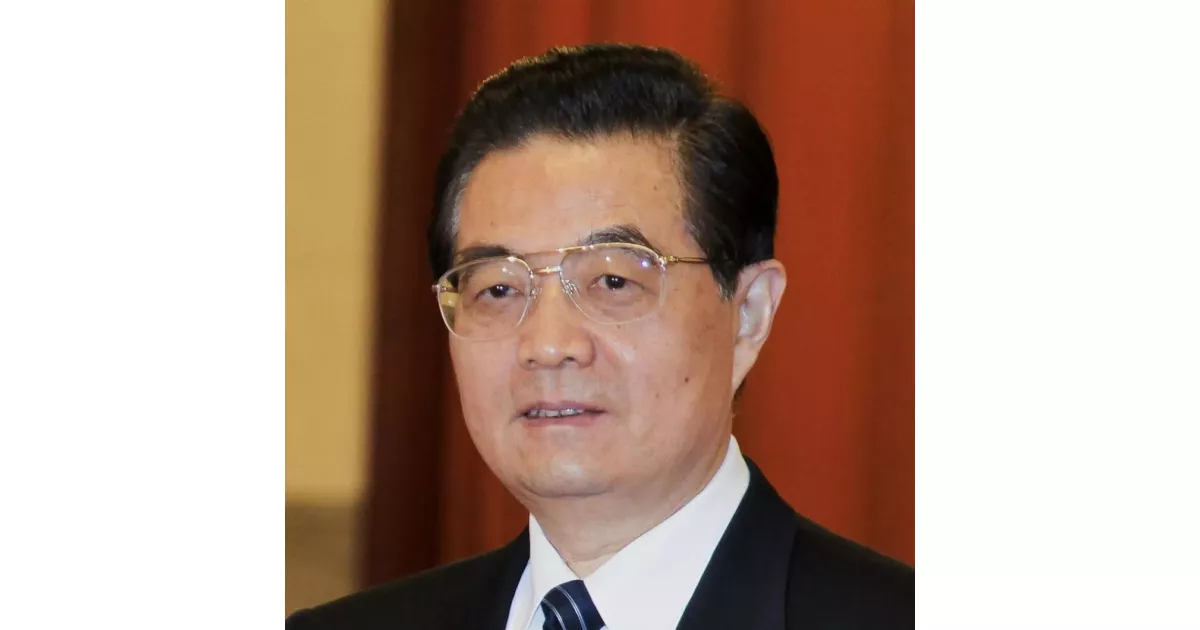A closer look at the defining struggles that shaped Hu Jintao's life and career.
Hu Jintao is a retired Chinese politician who held significant leadership positions, including General Secretary of the CCP (2002-2012), President of China (2003-2013), and Chairman of the Central Military Commission (2004-2012). He was a member of the CCP Politburo Standing Committee (1992-2012) and served as China's paramount leader from 2002 to 2012, playing a crucial role in the country's political and economic development during that period.
1987: Handled local students protest carefully
In 1987, Hu Jintao carefully handled the local students protest in Guizhou, in contrast to the protests in Beijing that led to Hu Yaobang's resignation.
1987: Hu Yaobang was purged
In 1987, Hu Yaobang was purged by Deng Xiaoping due to his 'liberal' tendencies.
February 1989: Deployment of People's Armed Police into Lhasa
In February 1989, Hu Jintao responded to growing unrest and ethnic conflict by deploying some 1,700 People's Armed Police into Lhasa.
March 1989: Serious rioting in Lhasa
On 5 March 1989, serious rioting broke out in Lhasa. Martial law was declared on 8 March at Hu's request.
June 1990: Experienced high-altitude sickness
In June 1990, Hu Jintao experienced high-altitude sickness in Tibet and returned to Beijing.
1992: ROC President Chen Shui-bian repudiated the 1992 Consensus.
In 1992, ROC president Chen Shui-bian repudiated the 1992 Consensus, calling for talks without any preconditions. Chen Shui-bian and the Democratic Progressive Party (DPP) continued to express an ultimate goal of de jure Taiwanese independence.
2003: SARS outbreak and dismissal of officials
In 2003, during the SARS outbreak, Hu Jintao dismissed several party and government officials, including the health minister and the Mayor of Beijing, due to initial cover-up and slow response to the crisis.
2004: Government changed tactics
In 2004, Hu's government changed tactics, conducting a no-contact policy with Taiwan due to Chen and the DPP's independence leanings and repudiation of the 1992 consensus.
March 2005: Anti-Secession Law passed
In March 2005, the Anti-Secession Law was passed by the National People's Congress, formalizing "non-peaceful means" as an option of response to a declaration of independence in Taiwan.
2005: Began reversing some of Deng Xiaoping's reforms
In 2005, Hu Jintao and Wen Jiabao took a more conservative approach towards reforms and began to reverse some of Deng Xiaoping's reforms, adopting more egalitarian and populist policies.
2010: Gini coefficient climbed to 0.47
By 2010, China's Gini coefficient climbed to 0.47, indicating a potentially unsustainable gap between the rich and the poor.
October 2022: Escorted out of the 20th CCP National Congress
On 22 October 2022, at the closing ceremony of the 20th CCP National Congress, Hu Jintao was escorted out of the hall by two men in suits. Xinhua News Agency stated that Hu was not feeling well.
Mentioned in this timeline

Barack Obama the th U S President - was the...

George W Bush the rd U S President - is...
India officially the Republic of India is a South Asian...

Xi Jinping is the paramount leader of China holding the...
Germany officially the Federal Republic of Germany is a nation...
China officially the People's Republic of China is an East...
Trending

50 minutes ago John Cena discusses his rare friendship with Adam 'Edge' Copeland and their wrestling bond.
51 minutes ago UConn Dominates St. John's; Pitino Suffers Biggest Loss; Huskies Women's Team to Play at MSG

51 minutes ago UCF Knights Host Baylor, Pursue Tournament Hopes & Big 12 Honors for Dawkins.

51 minutes ago Chris Jericho's AEW Contract Status and Potential WWE Elimination Chamber Appearance
2 hours ago León Seeks Third Victory Against Necaxa in Liga MX Match

2 hours ago Michael J. Fox Inspired Harrison Ford's Parkinson's Monologue in 'Shrinking'
Popular

Jesse Jackson is an American civil rights activist politician and...

XXXTentacion born Jahseh Dwayne Ricardo Onfroy was a controversial yet...

Hillary Diane Rodham Clinton is a prominent American politician lawyer...

Michael Joseph Jackson the King of Pop was a highly...

Kashyap Pramod Patel is an American lawyer who became the...

Barack Obama the th U S President - was the...
